Karachi to face extreme heat in coming years: UN report
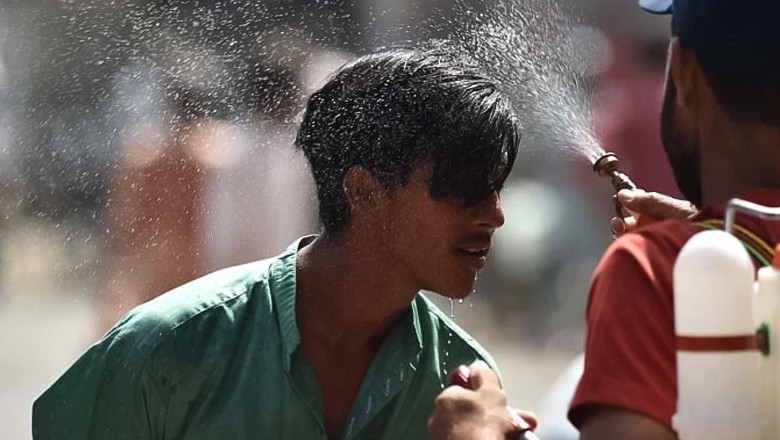
Web Desk
|
27 Nov 2025
The United Nations Economic and Social Commission for Asia and the Pacific (UN-ESCAP) have for the first time flagged Karachi as one of nine densely built megacities in Asia-Pacific projected to become “substantially hotter” over the coming decades, in its newly released Asia-Pacific Disaster Report 2025: Rising Heat, Rising Risk.
The study warns that extreme heat is now the region’s fastest-growing climate hazard, a danger aggravated by rapid, often unplanned urbanisation, loss of green spaces and the heat-retaining effects of concrete and asphalt.
Dense construction amplifies the “urban heat island” effect, driving city temperatures far above those in surrounding rural areas. In major cities like Karachi, the report estimates that this effect alone could raise temperatures by 2°C to 7°C, a rise that will hit poorer, densely populated neighbourhoods hardest. Children, the elderly and outdoor workers in low-income zones are viewed as particularly vulnerable.
The report figures released ahead of this week’s ninth session of ESCAP’s Committee on Disaster Risk Reduction, warns that the looming heat surge threatens public health, water supply, livelihoods, infrastructure and food systems, especially in the most climate-vulnerable countries.
Beyond Karachi, the cities identified at high risk include Delhi, Dhaka, Seoul, Tokyo, Beijing, Manila, Jakarta and Phnom Penh.
UN-ESCAP’s analysis highlights that 2024 was the hottest year on record globally, and warns that with current trends, many of these megacities may see dangerous heat soon becoming the norm rather than occasional extremes.
The report calls on governments across the region to urgently integrate “heat readiness” into disaster-risk planning, including establishing standardized early warning systems, improving urban design with nature-based cooling solutions, promoting equitable access to water and healthcare, and enhancing resilience especially in marginalized, high-risk communities in cities such as Karachi.



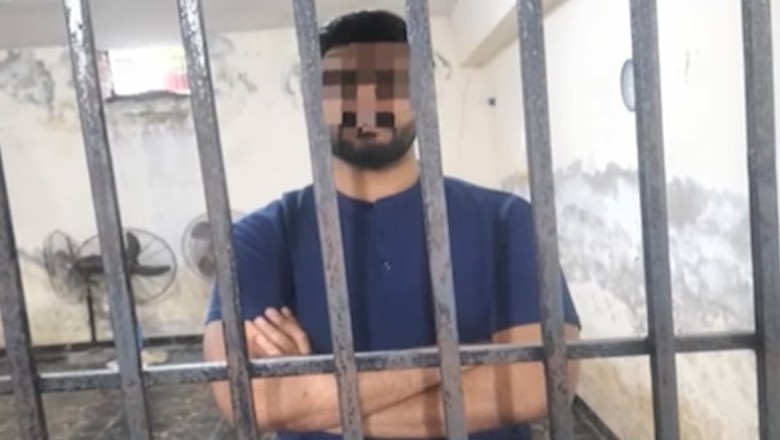
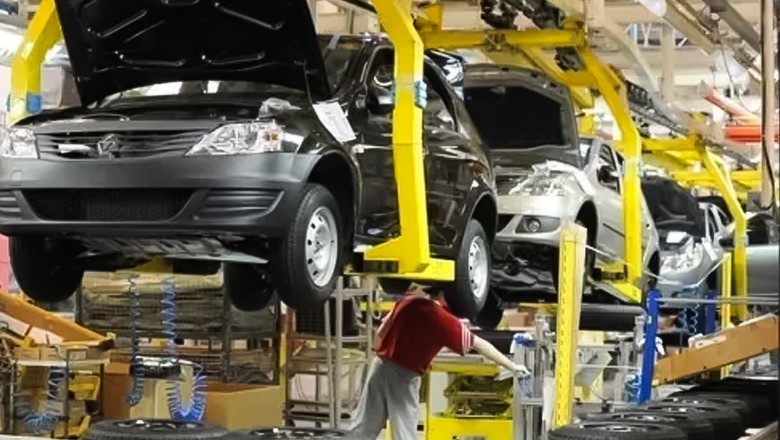
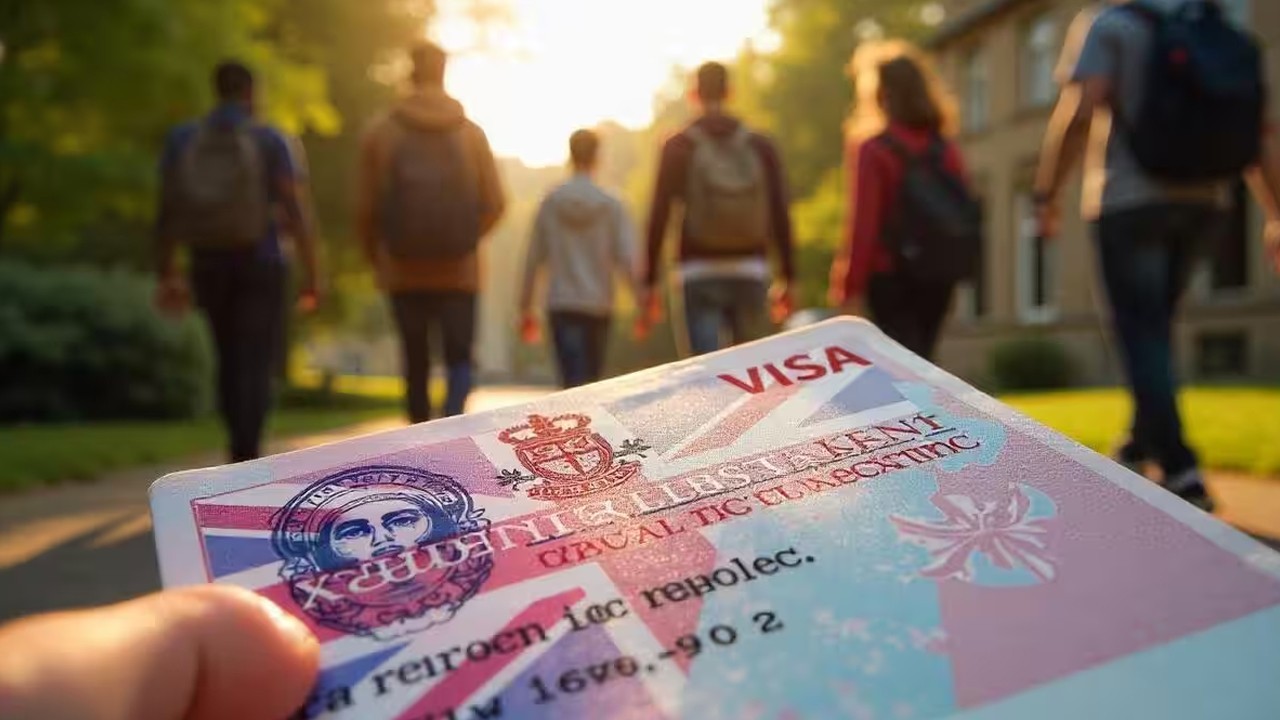
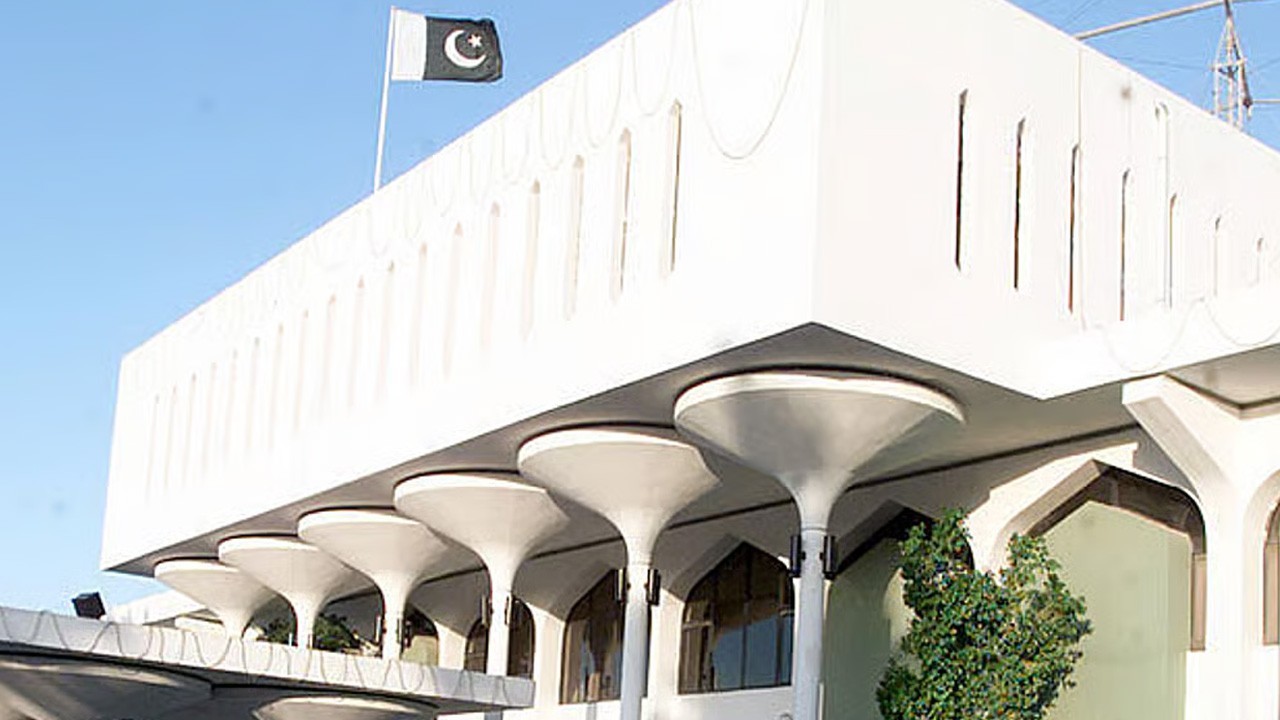
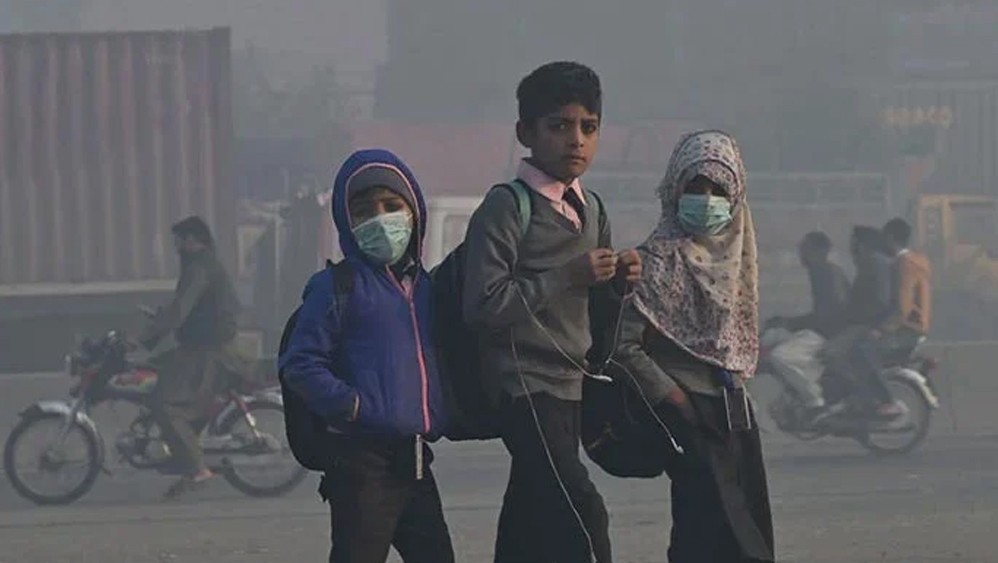

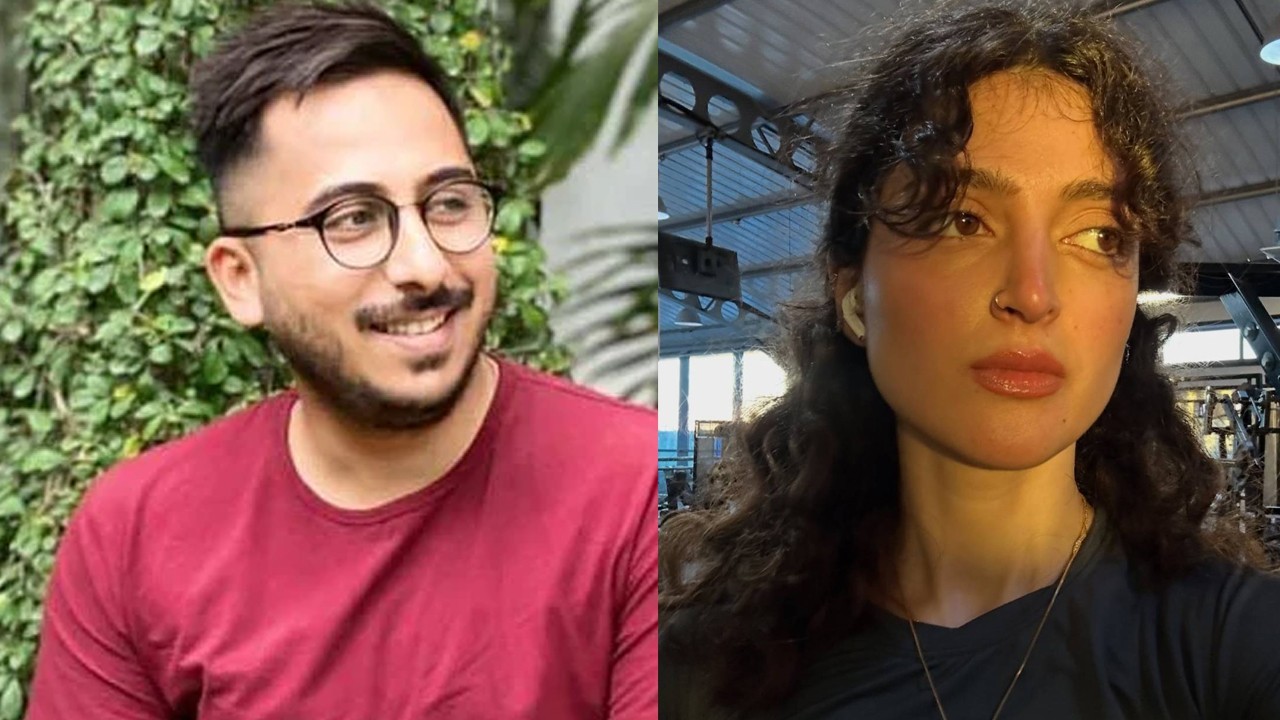


Comments
0 comment